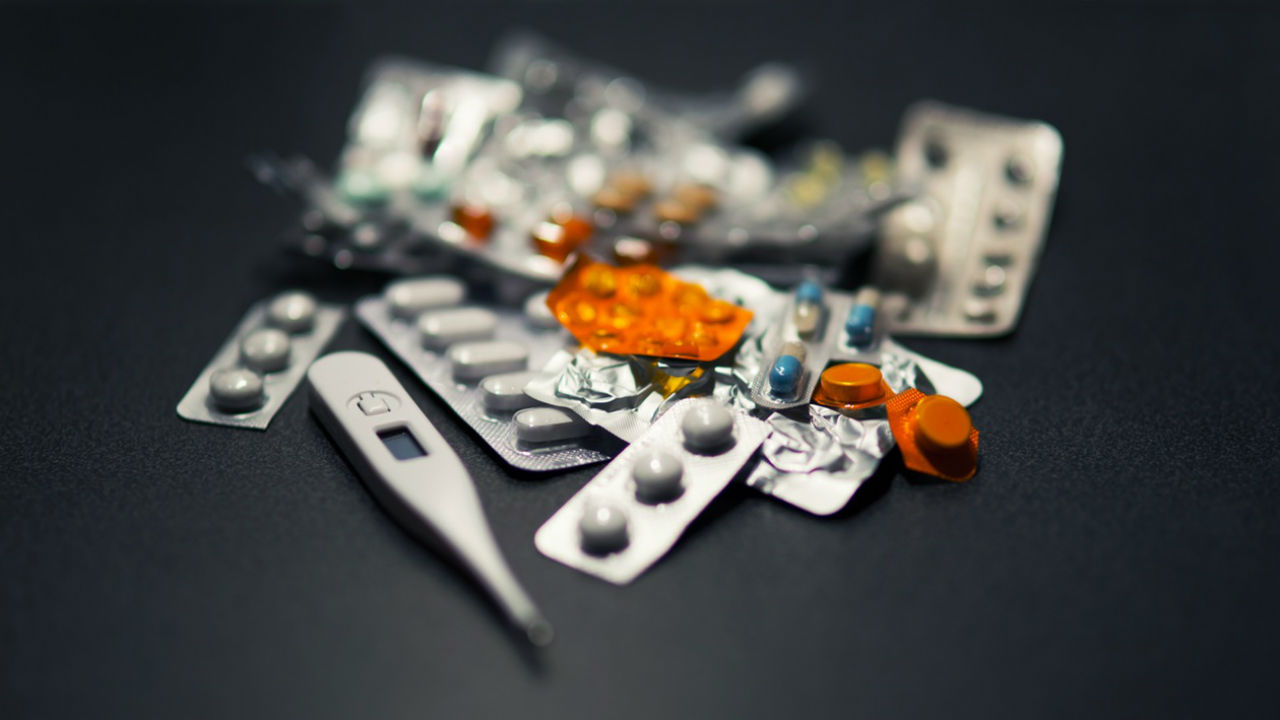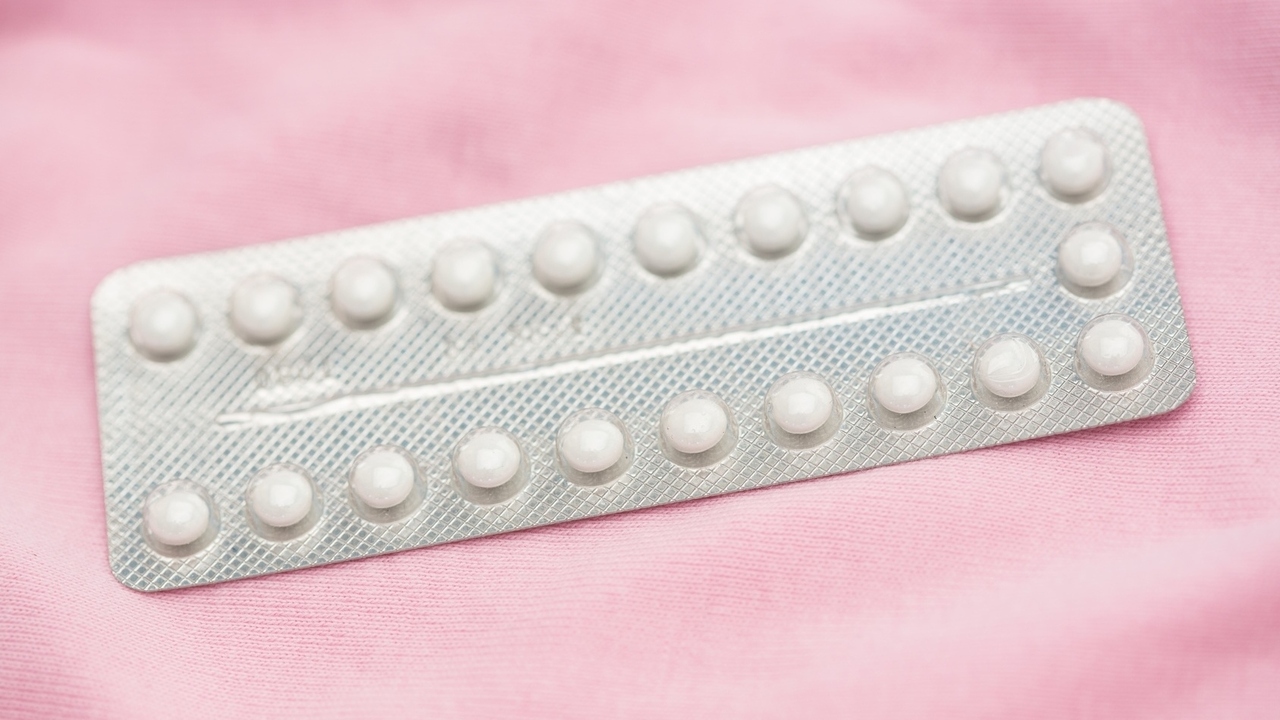Premenstrual syndrome, or PMS, is a very familiar term to most women. We know that once a month we’ll have emotional and physical changes that will affect our lifestyle – and sometimes others' lifestyles too! Exactly what changes does PMS involve and how can you determine if it’s more than that?
There is a litany of symptoms – emotional and physical – that is common to PMS. It’s important to note that different women experience different things, and it changes with each person.
Symptoms of PMS may include:
Tension or anxiety
Depressed mood
Crying spells
Mood swings and irritability or anger
Appetite changes and food cravings
Trouble falling asleep (insomnia)
Social withdrawal
Poor concentration
Joint or muscle pain
Headache
Fatigue
Weight gain from fluid retention
Abdominal bloating
Breast tenderness
Acne flare-ups
Constipation or diarrhea
What Causes it?
The exact cause of PMS is unknown, but doctors have pinpointed factors that contribute to this condition. The Mayo Clinic lists the following:
Cyclic changes – hormonal fluctuations
Chemical change in the brain – insufficient amounts of serotonin in the brain which may cause depression, fatigue, food cravings and insomnia
Depression – undiagnosed depression is made worse with severe PMS
Stress – stress tends to aggravate symptoms
Poor eating habits – Are you low in vitamins and minerals? Is your sodium (salt) intake high? Or do you drink a lot of caffeinated beverages? Lack of or too much of any of the items previously listed may cause fluid retention, mood disturbances and/or lethargy.
When it’s Beyond PMS
The Mayo Clinic reports that for some women, PMS is so severe that it is disabling. It even has its own psychiatric designation – premenstrual dysphoric disorder (PMDD). The symptoms may include severe depression, feelings of hopelessness, anger, anxiety, low self-esteem, difficulty concentrating, irritability and tension.
How are PMDD and PMS treated? For those that need it, antidepressants are prescribed to combat intense emotional changes. For severe cases, an antidepressant may be taken everyday, but with PMS, medicine may be limited to two weeks before menstruation begins. Depo-Provera is an injection given to those with severe PMS or PMDD. It temporarily stops ovulation and controls mood swings for some. But for others, caution is given because it may increase the same symptoms you’re trying to decrease.
In the meantime, while at home, eat smaller, healthier meals – cut back on salt. Healthier meals mean fruits, veggies and whole grains. Take a multivitamin and avoid alcohol and caffeine. Lastly, get plenty of rest.
Best in Health!
Resources: Mayo Clinic
Dita Faulkner is a freelance writer who enjoys good poetry, good movies and good people!






Add a CommentComments
There are no comments yet. Be the first one and get the conversation started!